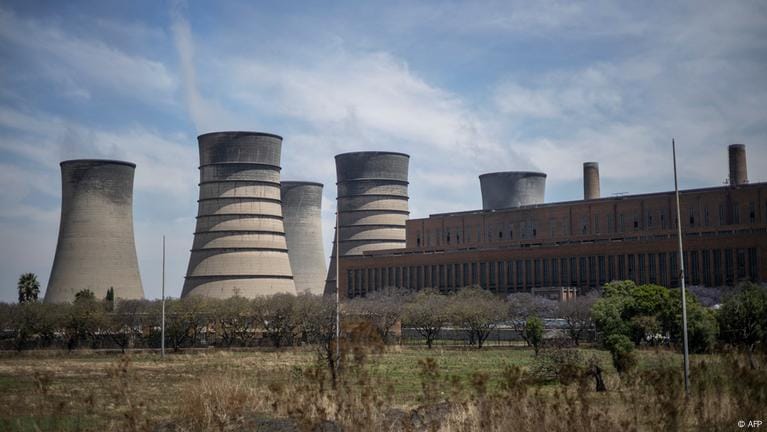South Africa, one of the world’s most coal-dependent economies, could suffer significant losses in export revenue and employment as global trade shifts toward low-carbon standards, a new report by Net Zero Tracker revealed on Monday.
Currently, coal accounts for roughly 80% of the country’s electricity generation. This heavy reliance on fossil fuels places South Africa in a precarious position as more countries and corporations demand cleaner, environmentally responsible supply chains. Net Zero Tracker, a collaborative initiative of four non-profit organizations, said this dependency leaves the country “uniquely vulnerable” to emerging global trade policies aimed at slashing carbon emissions.
According to the report, nearly 78% of South Africa’s exports—worth an estimated $135 billion—are sold to 139 markets that have formally committed to net zero emissions targets. These exports support more than 1.2 million jobs domestically, making any disruption to trade relationships a potentially severe blow to the national economy.
The report warned that unless South Africa takes concrete steps to reduce carbon emissions in its supply chains, it risks losing substantial portions of its trade and the jobs connected to it. “If South Africa fails to decarbonise, it may find itself excluded from key international markets,” the report noted.
However, the report also emphasized that South Africa has the resources and capabilities to avoid such an outcome. By accelerating its transition away from coal and embracing its renewable energy potential and reserves of critical minerals, the country could reposition itself as a key global supplier in emerging low-emission industries.
“South Africa has the tools to pivot,” said John Lang, Net Zero Tracker’s project lead. “It has abundant renewable energy opportunities, essential mineral resources, and influence at international forums. These assets position it well to be a strategic player in green global value chains.”
Lang noted that by moving quickly to align its economy with global decarbonisation trends, South Africa could not only protect existing jobs and trade but also create new opportunities in sustainable industries.
The report cited international policy developments such as the European Union’s Carbon Border Adjustment Mechanism (CBAM) as examples of how carbon emissions are increasingly shaping trade dynamics. CBAM, adopted in 2022, places a carbon price on imports like steel, cement, and aluminum from countries without strong environmental protections. A transitional phase began in October 2023, with full implementation expected by 2026.
South Africa could be significantly affected by this policy, given its export profile and reliance on carbon-intensive industries. The South African Reserve Bank has already issued warnings that such carbon-based tariffs could shrink the country’s overall exports by as much as 10%. Specifically, CBAM alone could reduce exports to the EU by approximately 4% by 2030.
Despite these warnings and the urgency of the findings, the South African government has not yet made a public statement regarding the report. With international trade increasingly linked to environmental performance, the pressure is mounting for South Africa to chart a more sustainable path forward.
The report concludes that the choice facing South Africa is clear: adapt to the new low-carbon global economy or face economic decline, job losses, and diminished international competitiveness.



